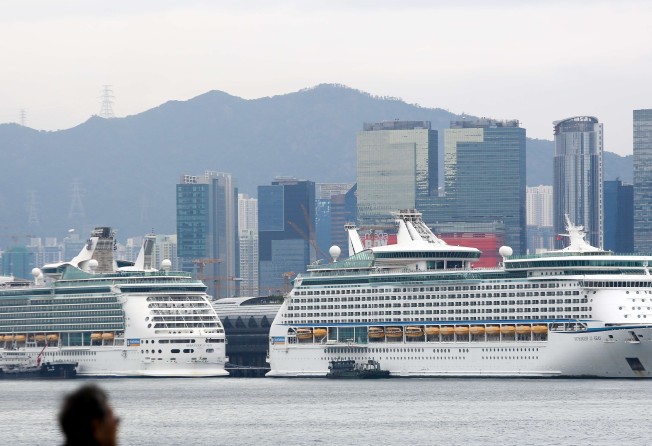Drop in roadside air pollutants in Hong Kong thanks to government measures

I refer to Natalie Siu Hoi-tung’s letter on pollution in Hong Kong (“Air pollution impact can’t be ignored”, January 27).
We can’t agree more that air pollution must not be ignored. The government has been taking action to improve air quality.
Locally, we have capped the emissions of power plants via statutory technical memorandums (TM) since 2008 and have been progressively tightening the caps. Since 2014, we have implemented an incentive-cum-regulatory scheme to progressively phase out 82,000 pre-Euro IV diesel commercial vehicles by the end of 2019.
We have also deployed remote sensors to strengthen emission control for petrol and liquefied petroleum gas vehicles.
In July 2015, Hong Kong became the first Asian city to mandate ocean-going vessels at berth to switch to low-sulphur fuel. A new regulation was introduced in June 2015 requiring newly imported non-road mobile machinery to comply with statutory emission standards.
Regionally, we have been collaborating with the mainland authorities to reduce emissions in the whole Pearl River Delta region. Emission reduction targets have been set for key air pollutants for 2015 and 2020.
Joint efforts have been made in various scientific studies/programmes, for example, the Guangdong-Hong Kong-Macau Joint Regional PM2.5 Study, which will help provide a scientific base in formulating policies to alleviate regional air pollution.
The above measures have borne fruit. From 2012 to 2016, our roadside and ambient air pollutants have dropped by up to 30 per cent and 21 per cent, respectively, while the ambient level of ozone has seen a slight decline of 3 per cent. However, amid the improvement trends, there are still episodes of high pollution when pollutants are transported from the delta region under unfavourable meteorological conditions. Hence, we have to continue our efforts to improve air quality.
We will continue to review the emission caps under the TM for power plants and we are preparing to tighten the emission standards for newly registered vehicles to Euro VI.
We will collaborate with the mainland authorities to set up a domestic emission control area in the Pearl River Delta waters in 2019, such that all vessels in the area will have to use low-sulphur fuel. Furthermore, we have embarked on a review of the air quality objectives (AQOs) to identify new practicable air quality improvement measures and assess the scope of tightening the AQOs made possible by their implementation. The review will be completed next year.
Mok Wai-chuen, assistant director (air policy), Environmental Protection Department